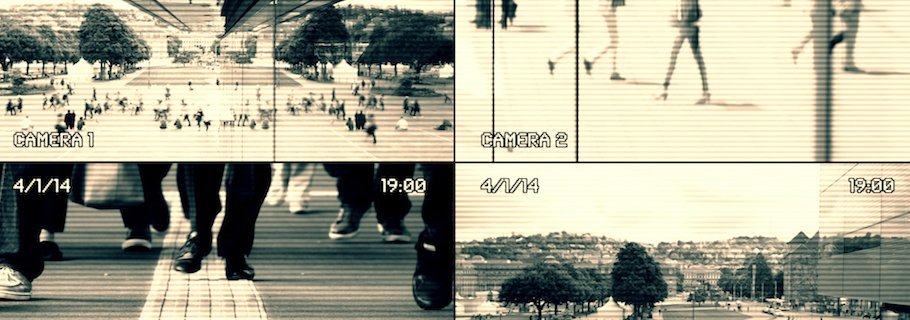Edward Snowden changed the world. His disclosures proved that multinational corporations and the U.S. government have been working hand in hand in an expansive program designed to surveil American citizens as well as vast numbers of foreigners. Working for Dell but assigned to an NSA facility, Snowden gained access to the deepest details of this operation. He collected hundreds of thousands of documents, fled the country, and passed them to hand-picked journalists. The rest, as they say, is history.
Snowden has since been the subject of endless books, profiles, documentaries, and even a Hollywood production. A simple narrative unfolds around him. As he works as a genius among geniuses within the intelligence community, he comes to a growing awareness of what the government is doing—building profiles of individuals that will eventually be used to predict future behavior. He experiences growing moral and ethical revulsion at being part of a system that attempts to collect and store every piece of digital data on every citizen.
As Snowden tells his story, the reader or viewer is inevitably confronted with the sheer magnitude of this program. We, like Snowden, react with alarm to the volume of data the government already possesses and their insatiable thirst for more. We experience deep disquiet as we consider the implications of an organization building profiles meant to interpret who we are and to predict what we may hope to accomplish. We experience the fear of a government body knowing extensive, intimate details of our private lives and of perhaps using that data against us.
It is an interesting study in contrasts to read Psalm 139. There, King David, another world-changer, writes of a much greater and deeper kind of surveillance.
O LORD, you have searched me and known me!
You know when I sit down and when I rise up;
you discern my thoughts from afar.
You search out my path and my lying down
and are acquainted with all my ways.
Even before a word is on my tongue,
behold, O LORD, you know it altogether.
Such knowledge is too wonderful for me;
it is high; I cannot attain it.
Where shall I go from your Spirit?
Or where shall I flee from your presence?
If I ascend to heaven, you are there!
If I make my bed in Sheol, you are there!
If I take the wings of the morning
and dwell in the uttermost parts of the sea,
even there your hand shall lead me,
and your right hand shall hold me.
If I say, “Surely the darkness shall cover me,
and the light about me be night,”
even the darkness is not dark to you;
the night is bright as the day,
for darkness is as light with you.
David ponders God’s omniscience, his complete knowledge of all that is, was, and will be. He understands that God knows the most intimate details of his life. God knows things about David that David doesn’t even know about himself. God knows what he will do and what he will say even before he takes a step or says a word. There is nowhere David can go that is outside the watchful eye of God. There is no escaping his gaze. From David’s very first moment to his very last, God will have surveilled him and kept a complete accounting of every glance of his eye, every word of his mouth, every beat of his heart.
But this generates no fear. To the contrary, it generates joy. It generates worship. Rhetorically, David asks “Where shall I go from your Spirit? Or where shall I flee from your presence?” This is his cry of confidence that God’s complete knowledge and power will be used to help, to protect, to sustain. David honors God for his surveilling authority and worships him for his surveilling ability.
What a contrast. Edward Snowden saw the government’s desire for omniscience and feared that it would be used to harm its own citizens. In the muddied hands of human beings, programs designed to protect will inevitably be used to destroy. David saw God’s omniscience and rejoiced that it would be used to protect his loved ones. In the sinless hands of God, such knowledge would be used only for the most noble of purposes. We have every reason to fear the government’s desire to know everything about us. We have every reason to rejoice at God’s perfect ability to know everything about us. “How precious to me are your thoughts, O God! How vast is the sum of them!”










